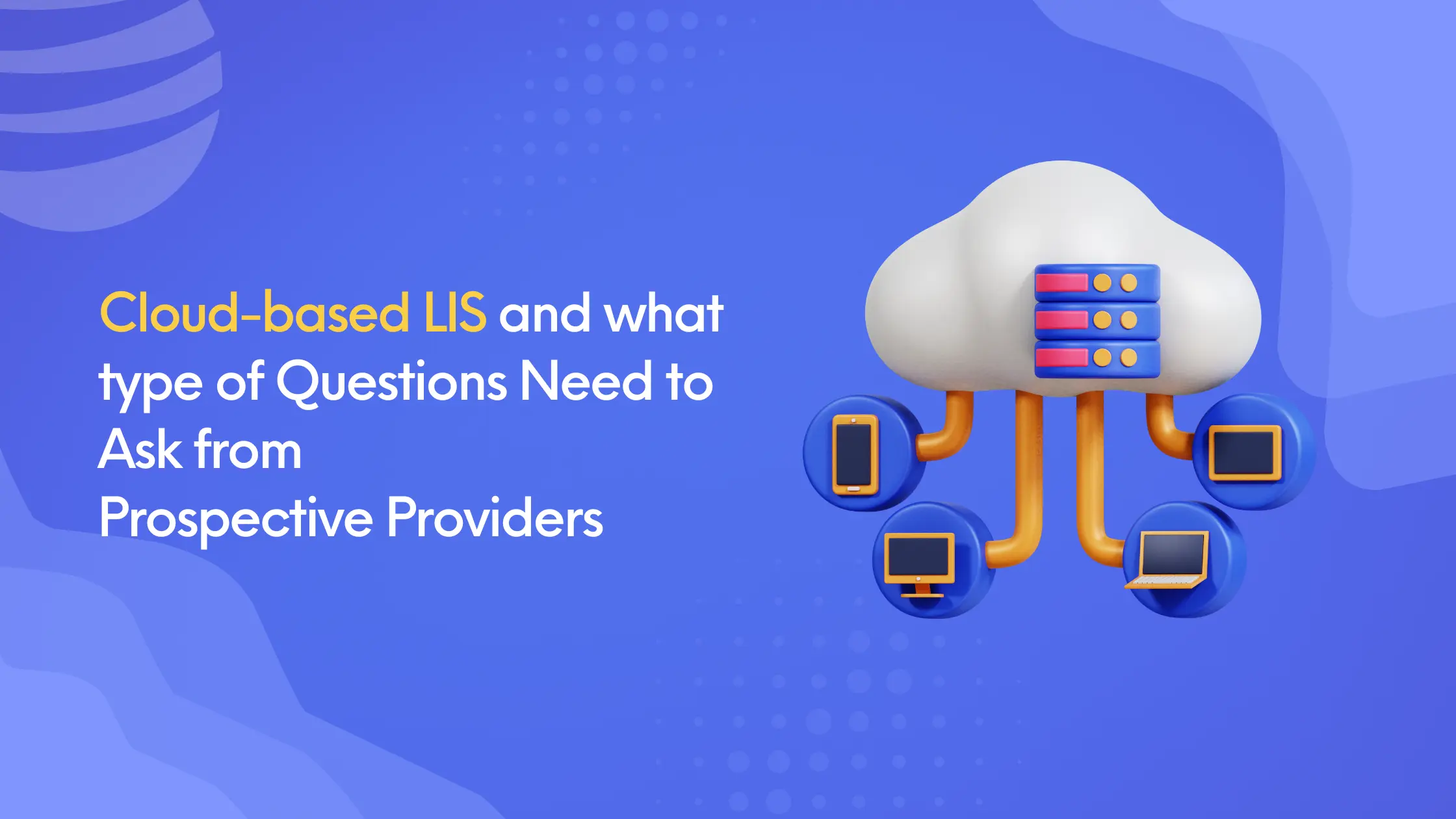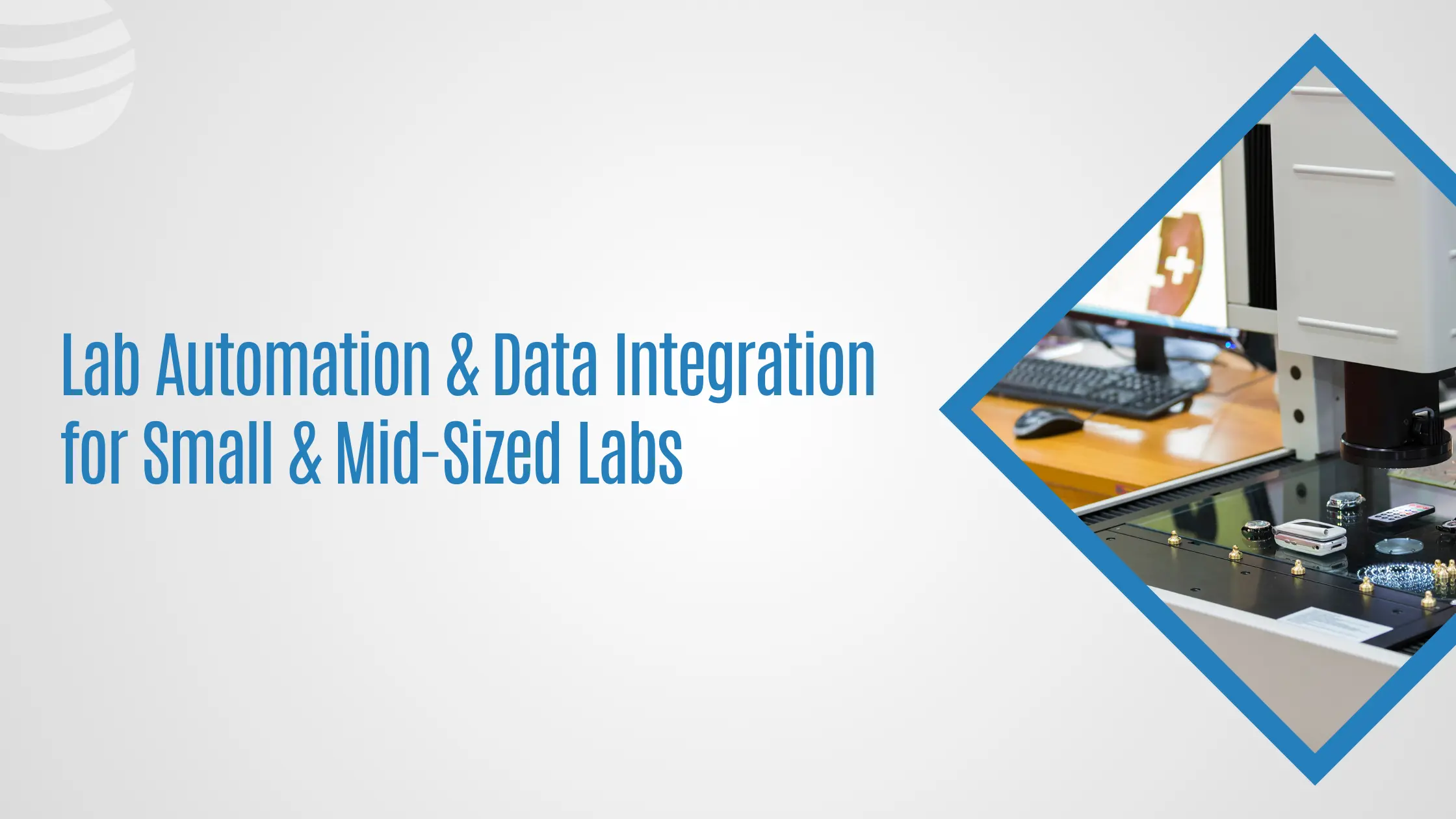Understanding Cloud-based LIS
What is a LIS?
Evolution of LIS: From On-Premises to Cloud-based Solutions
Advantages of Cloud-based LIS
1. Flexibility and Scalability
2. Cost Savings and Reduced Infrastructure
3. Improved Accessibility and Collaboration
4. Enhanced Data Security and Compliance
5. Automatic Software Updates and Maintenance
Evaluating Prospective Providers: Key Considerations
Reputation and Track Record
Compliance with Industry Standards
Customization and Integration Capabilities
User Interface and User Experience
Training and Support Services
Essential Questions to Ask Prospective Providers
Frequently Asked Questions (FAQs)




